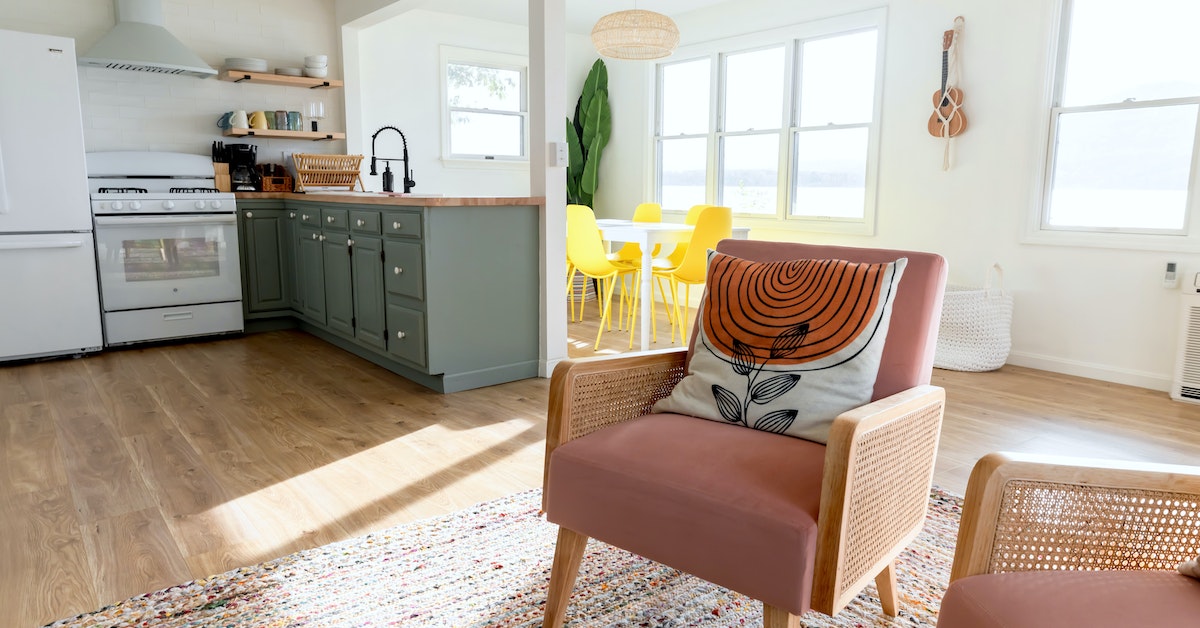A rental reform was implemented on October 1, 2022, and entails enforcing minimum standards for rental properties in Qld starting September 1, 2023.
These criteria will apply to all tenancies, old and new, beginning September 1, 2024. Familiarity with the amended legislation is crucial for property managers since landlords must comply with these changes.
Our diligent conveyancers can help advise you or your clients if they end up in strife.
What Are The New Minimum Standards For Rental Properties in Qld?
The new minimum standards, which can be read in full on the Queensland government’s website, aim to ensure that all rental properties in Qld are safe, secure, and functional.
However, for the sake of conciseness, the primary focal points of the new minimum standards for rental properties in Qld can be summarised as follows:
- be weatherproof and structurally sound
- be in good repair, with fixtures and fittings (such as electrical appliances) that are not likely to cause injury through normal use
- have functioning locks or latches on all external doors and windows that can be reached without a ladder
- be free from vermin, damp and mould (this does not include cases where the vermin, damp or mould has been caused by the tenant)
- include curtains or other window coverings, which provide privacy in rooms where the tenant might reasonably expect it, such as bedrooms
- have adequate plumbing and drainage and be connected to hot and cold water that is suitable for drinking
- provide privacy in bathroom areas and have flushable toilets connected to a sewer, septic tank or other waste disposal system
- have a functioning cook-top, if a kitchen is provided
- include the necessary fixtures for a functional laundry, such as tap fixtures and adequate plumbing, if laundry facilities are provided. The laundry does not have to include a washing machine or other white goods, as these may be provided by the tenant.
What Makes A Property Uninhabitable In Qld?
According to the new minimum standards for rental properties in Qld, a property is considered uninhabitable when it poses severe health or safety risks to its occupants.
This can be due to any of the following:
- Severe Structural Issues: Damage such as sinking foundations, significant roof leaks, or collapsed walls can make a dwelling unsafe. Any issue that threatens the property’s structural integrity and poses a direct risk to the occupants qualifies.
- Lack of Essential Services: A property needs access to basic services like water, electricity, or sanitation to ensure it’s considered uninhabitable. Essential utilities are fundamental for day-to-day living and health standards.
- Hazardous Materials Presence: Materials like asbestos, lead, or toxic mould can render a property unsafe. Prolonged exposure to these substances can lead to severe health problems for residents.
- Extreme Infestations: Severe infestations of pests like rats, termites, or cockroaches can jeopardise the health of residents. Such infestations can lead to structural damage and spread diseases.
Need a Lawyer?
What Happens When the Landlord Fails to Adhere To The New Minimum Standards For Rental Properties in Qld?
If a landlord fails to comply with the recently established minimum standards for rental properties in Qld, the tenant can pursue legal recourse against the landlord. The renter can potentially:
- Terminate the tenancy agreement early.
- Alternatively, the tenant can apply to the Tribunal under s 191 of the RTRA Act and seek an order requiring the lessor to remedy the failure to comply with s 185 and ensure that the premises and inclusions comply with any prescribed minimum housing standards.
Before taking further action, the tenant must notify the landlord of violating the essential standards.
Subsequently, the landlord is allotted 14 days to fix the violation.
If the landlord fails to correct the breach within 14 days, the tenant is entitled to pursue further measures.
At this point, agencies ought to possess a clear understanding of the properties within their rental portfolio that adhere to these new reules.
They should be taking a proactive approach to necessitate further efforts to meet these standards.
Given the situation, it is advisable to seek guidance from lessor clients to start fixing their properties to these standards ASAP.
How To Get A House Condemned QLD
Getting a house condemned in Queensland is not straightforward. A property is usually condemned only when it poses a serious and immediate danger to the health and safety of occupants or the public.
To start this process, you’ll need to contact your local council. They have building inspectors who will assess the property and determine if it meets the criteria for condemnation.
Factors they might consider include severe structural damage, lack of essential amenities (like running water or electricity), or hazardous materials.
If the council deems the house uninhabitable, they may issue an order to the owner for repairs or demolition. It’s important to note that condemnation is a serious measure and is usually reserved for extreme cases.
Are Your Properties Up to Par with the New Minimum Standards For Rental Properties in Qld?
Stay ahead with the new minimum standards for rental properties in Qld.
Ensure compliance and peace of mind with expert guidance from Walker Pender.



